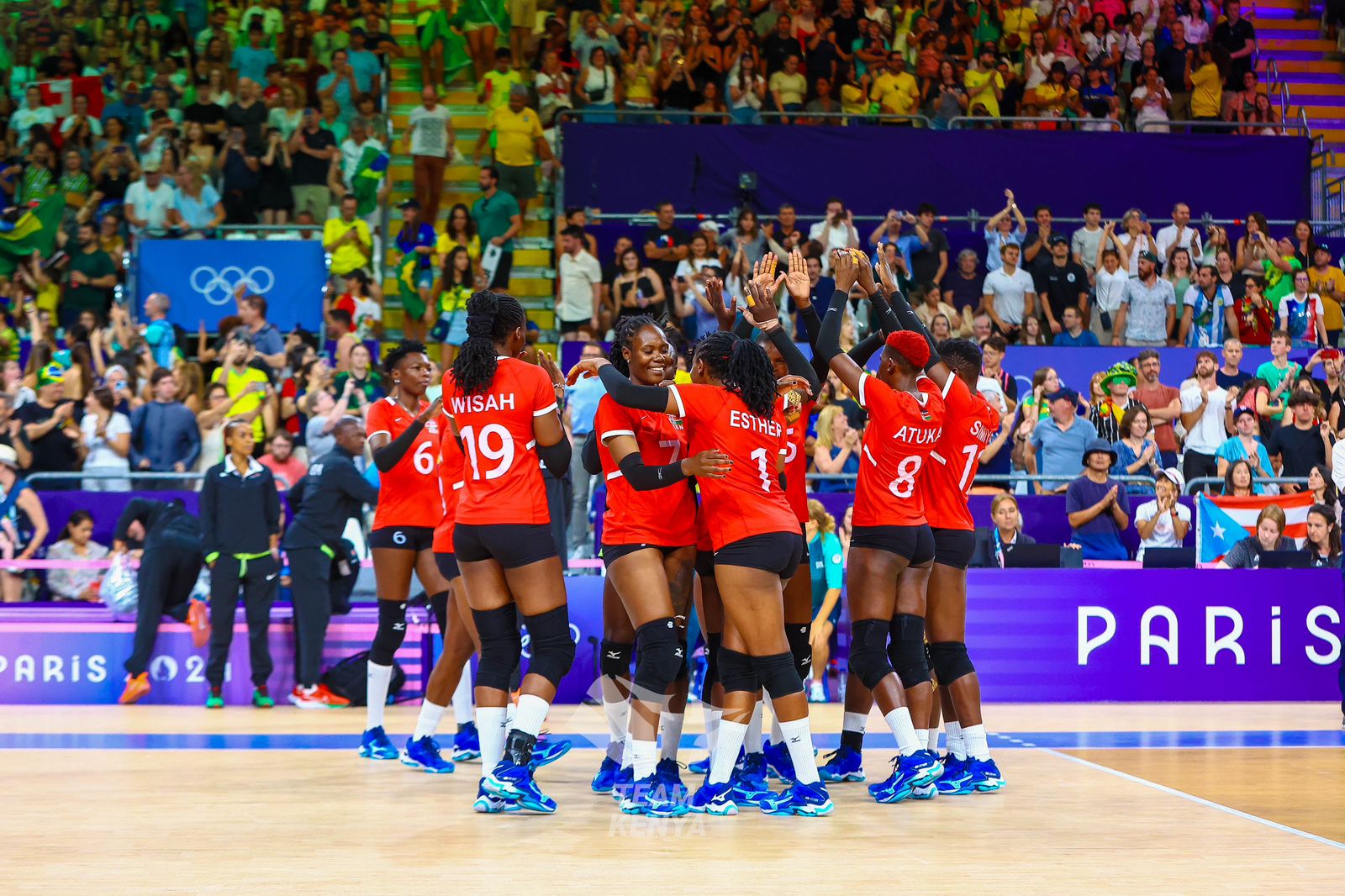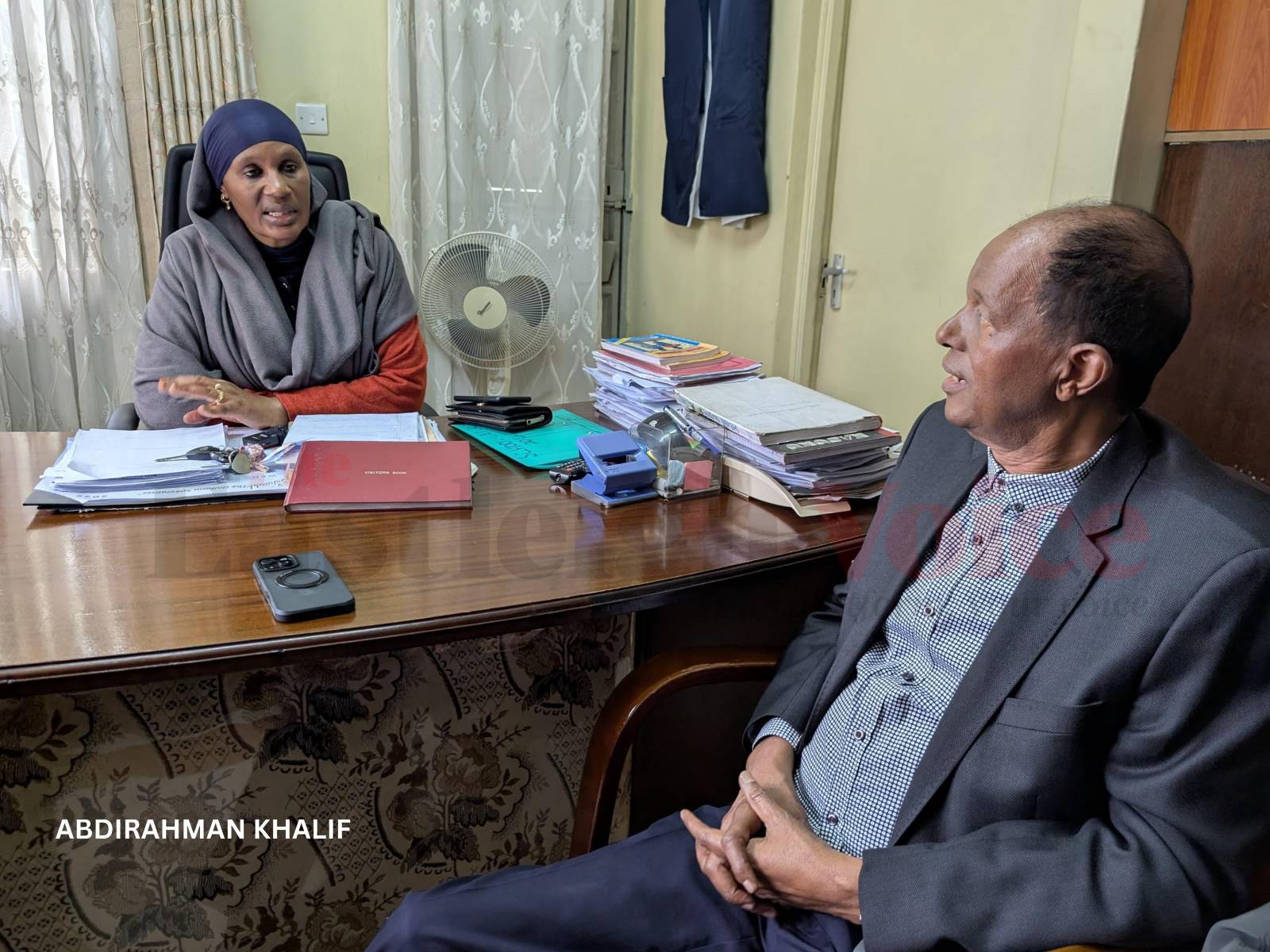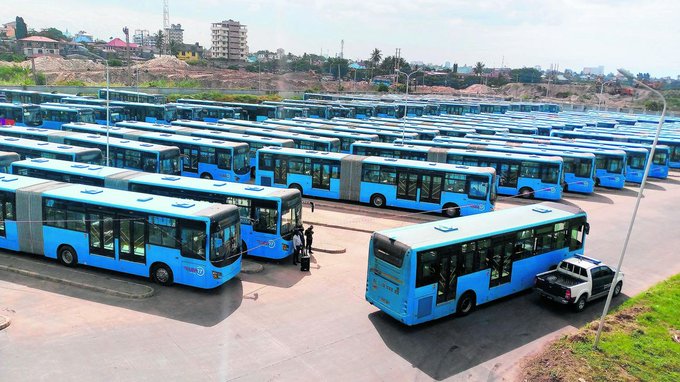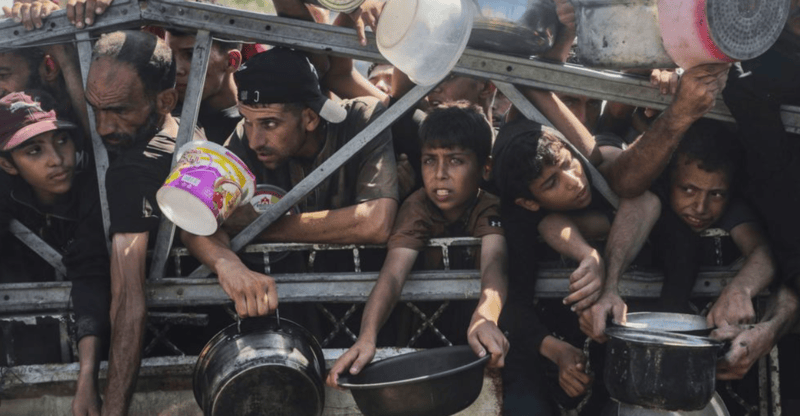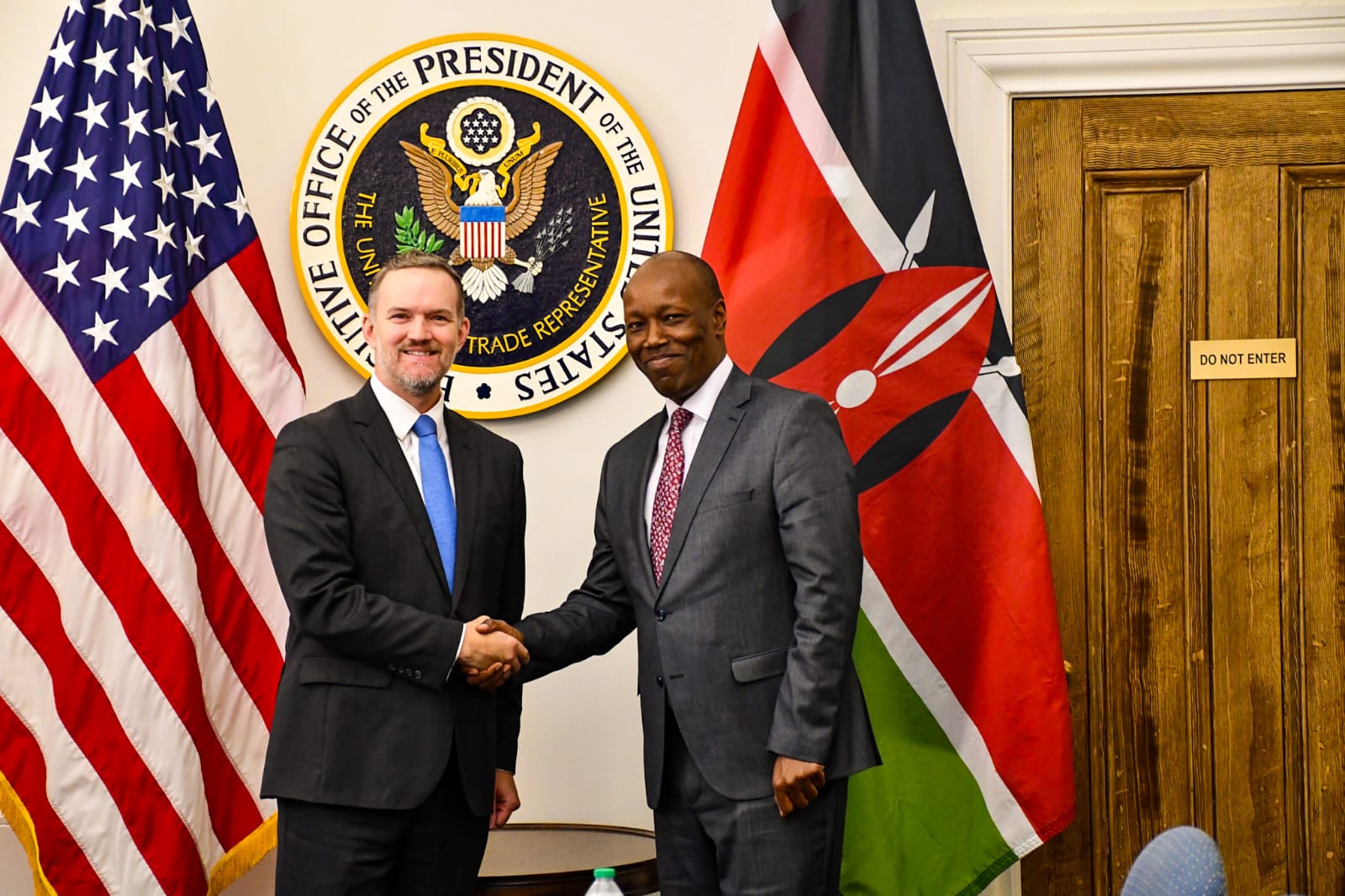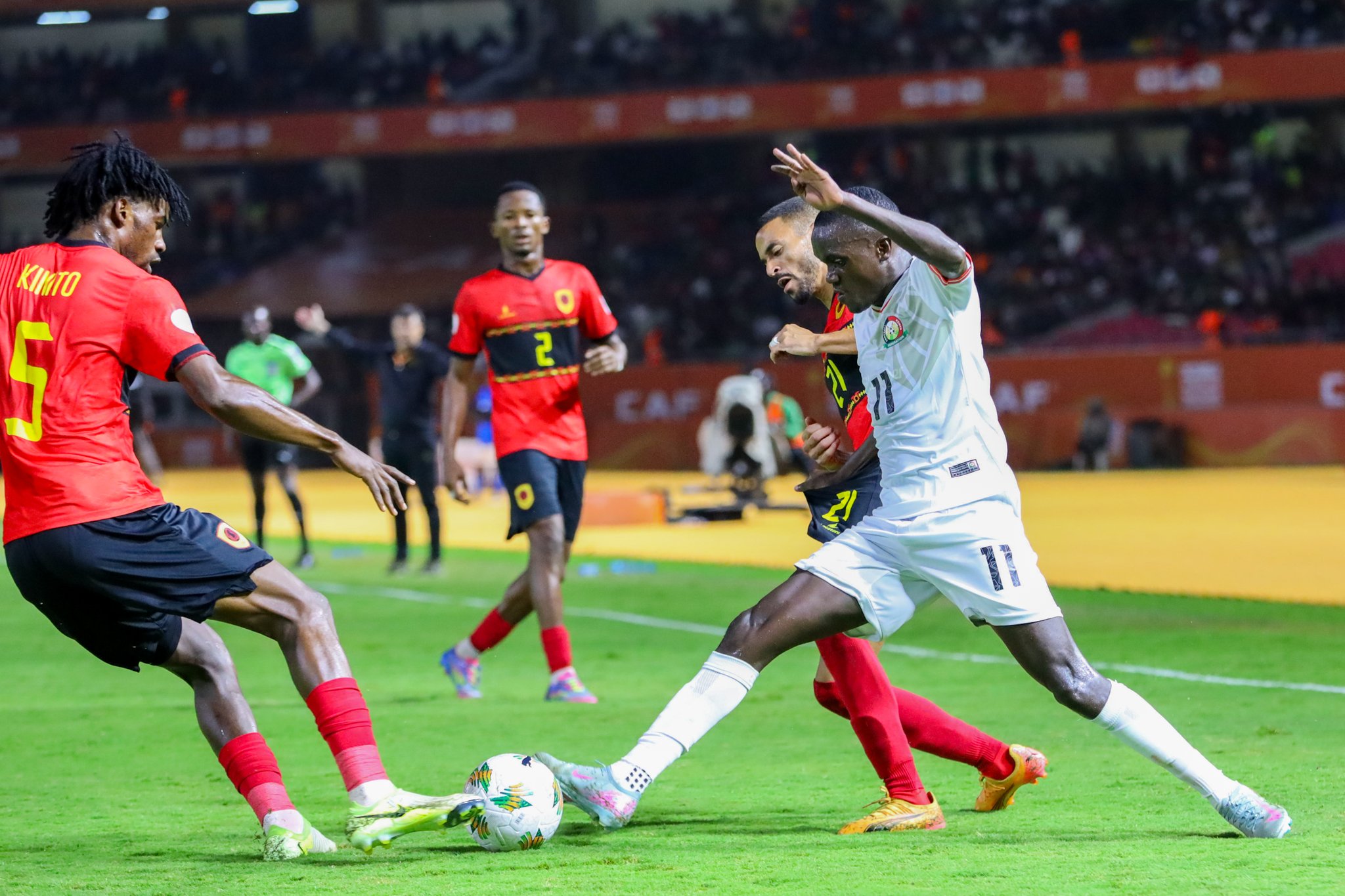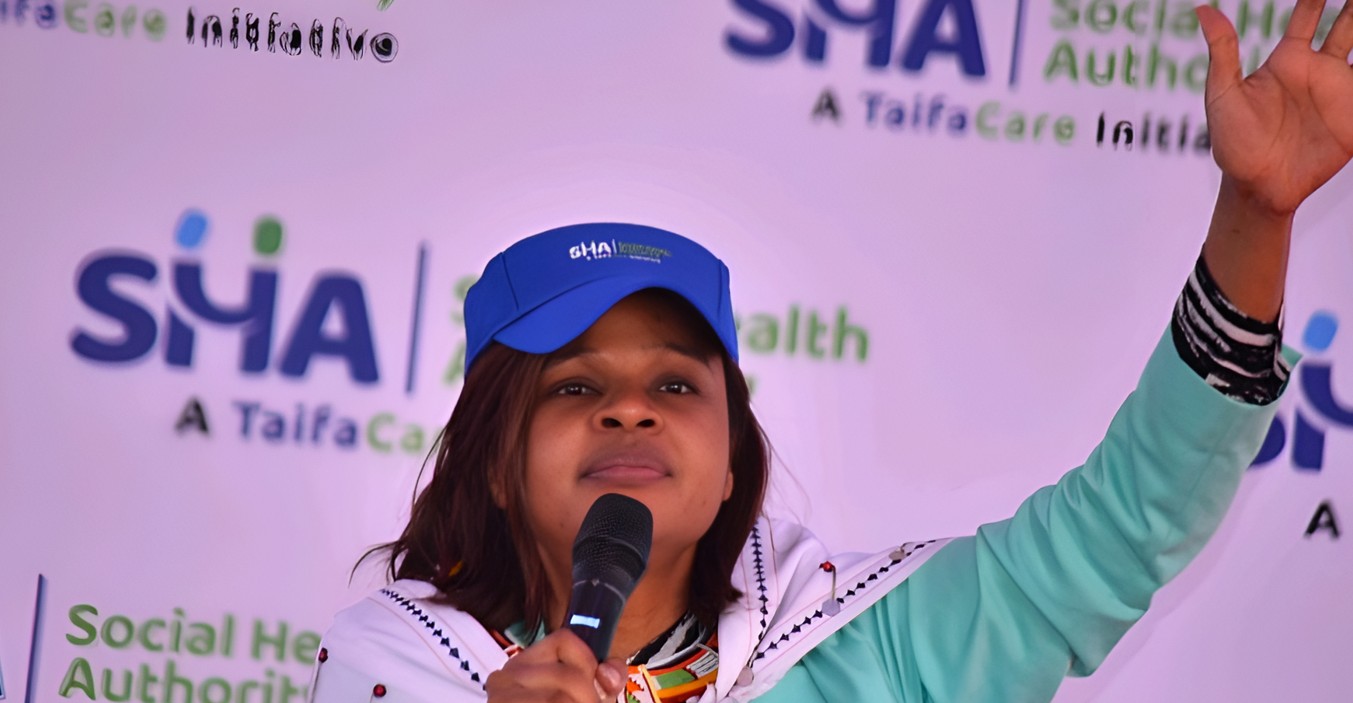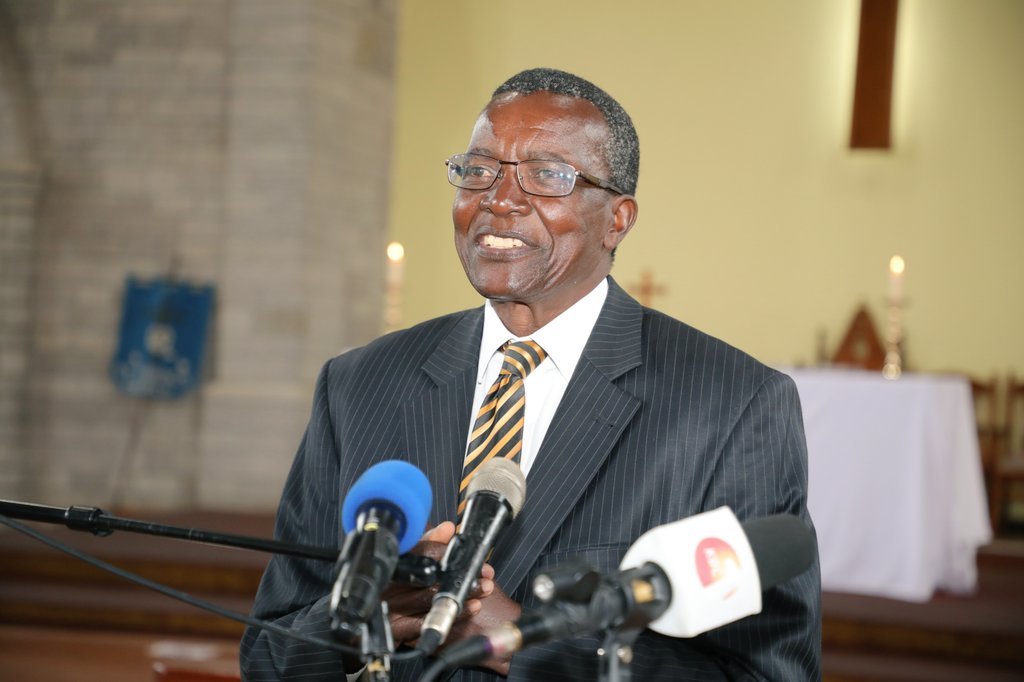Kenya backslides on gender equality push, parity score down 3 per cent in 2025
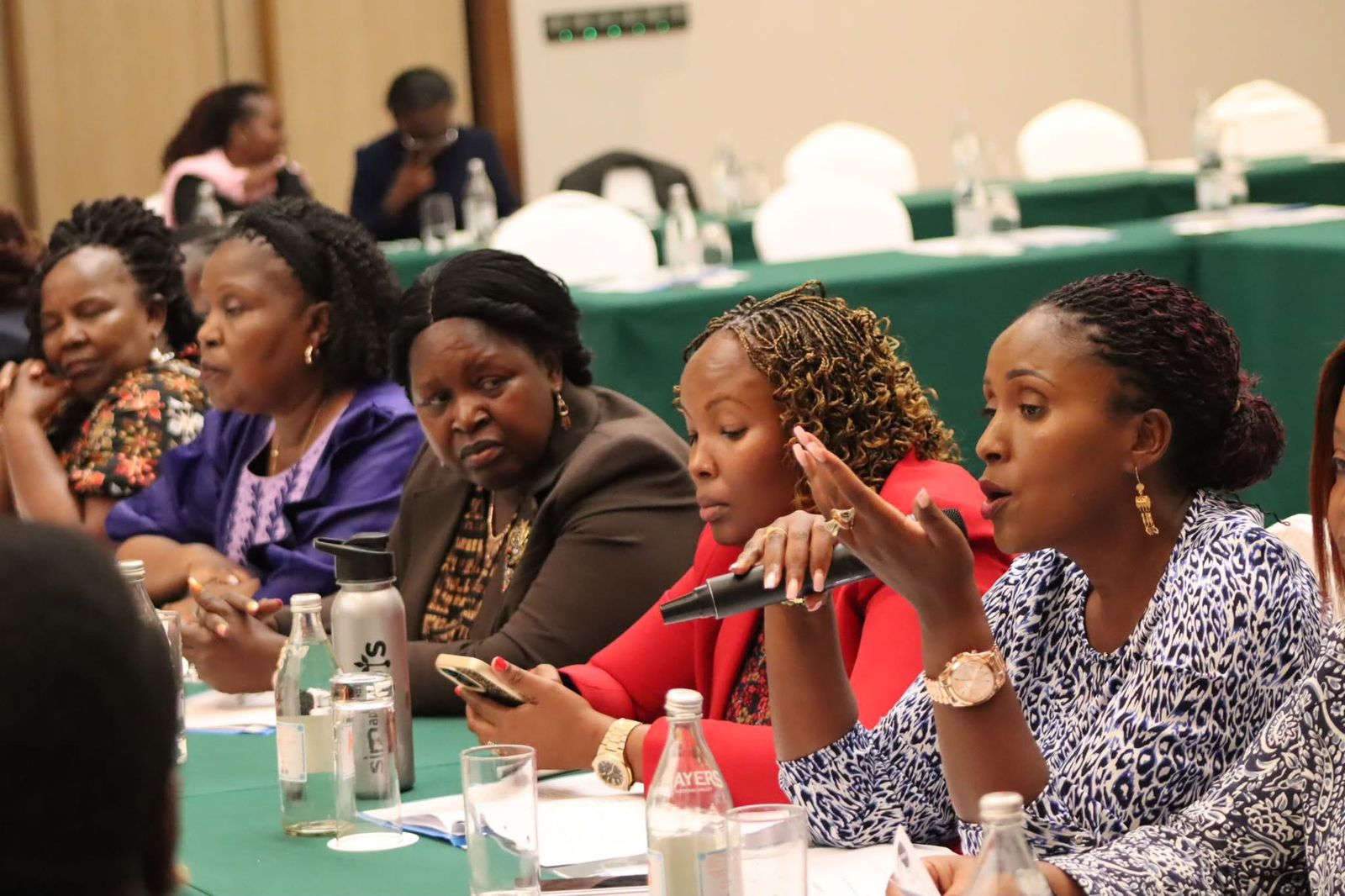
The decline marks a reversal in the country’s steady push toward equal representation and opportunities for women across political, economic and social spheres.
Kenya’s progress toward gender equality has taken a concerning turn, with the country’s gender parity score dropping by three per cent, according to the latest data.
The decline marks a reversal in the country’s steady push toward equal representation and opportunities for women across political, economic and social spheres.
More To Read
- MPs propose special seats to meet Kenya’s two-thirds gender rule quota
- Kenya’s first Maendeleo ya Wanawake chairperson Phoebe Asiyo dies at 93
- Growth over the rest of the year clouded by uncertainty, economists say
- 10 years ago Kenya set out to fix gender gaps in education – What’s working and what still needs to be done
- How climate change fuels rise in gender-based violence in Garissa
- Developers face scrutiny over safety of high-rise buildings after Myanmar quake
The World Economic Forum’s 2025 Global Gender Gap Report shows that Kenya slipped in all four key indicators used to assess gender equality in the one-year period leading into 2025.
These are Economic Participation and Opportunity, Educational Attainment, Health and Survival, and Political Empowerment.
Firstly, in the Economic Participation and Opportunity category, Kenya recorded a gender gap score of 0.738 during the review period, ranking 43rd out of 148 countries surveyed globally.
This is a decline from the previous year’s score of 0.789, when Kenya ranked 13th out of 146 countries.
In the Educational Attainment category, the country scored 0.847, ranking 138th, down from the 2024 score of 0.877 and a rank of 135.
On the other hand, the Health and Survival indicator registered a score of 0.971, placing Kenya at position 64, down from 0.975 and position 52 the previous year.
Political Empowerment recorded the lowest parity score among the four indicators, with a score of 0.200, ranking 86th globally.
This further is a decline from the previous year’s score of 0.210 and rank of 80.
Overall, Kenya's Gender Gap Index stood at 0.689, representing a 3.4 per cent decline from the previous year’s score of 0.713.
A score of (1) signifies parity, whereas a value significantly below (1) indicates a substantial gap.
The score of 0.689 places Kenya at position 98 out of the 148 countries surveyed during the review period, a 23-place drop from the previous year's rank of 75, when the country recorded a score of 0.713.
Ideally, a higher rank indicates that a country is performing well in the pursuit of gender parity and has made significant progress in narrowing the gender gap.
These regressions signal a worrying reversal in gains made in recent years.
Regionally in Sub-Saharan Africa, Kenya also lost ground, dropping six spots to rank 19th out of the 36 surveyed countries.
The regional decline further highlights the challenges the country faces in translating policy commitments on gender equality into measurable outcomes.
Kenya’s performance is presented against the backdrop of a global landscape that showed improvement during the review period.
According to the report, the global gender gap closed by 0.3 percentage points in 2025, rising from 68.4 per cent in 2024 to 68.8 per cent in 2025.
This means that, overall, 68.8 per cent of the global gender gap has been closed, marking a modest yet positive shift from the previous year.
“When considering the constant set of 100 economies covered continuously since the first edition in 2006, the gap has narrowed by 0.4 percentage points, from 68.6 per cent in 2024 to 69.0 per cent in 2025,” the report reads.
Based on the collective speed of progress of those 100 economies, it will now take 123 years to reach full parity globally.
As of last year, the figure was 132 years, meaning the world has come 11 years closer to full gender parity in the past 12 months.
Despite the improvement, Wef maintains that there is still no single economy that has achieved full gender parity.
Top Stories Today




